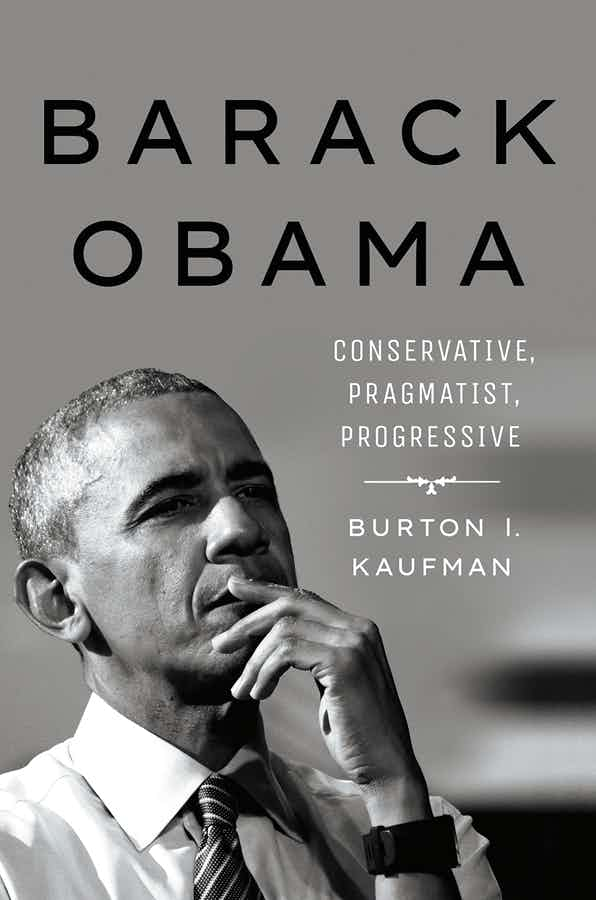Who is Afro-Latin@? Examining the Social Construction of Race and Négritude in Latin America and the CaribbeanPosted in Articles, Caribbean/Latin America, History, Media Archive, Passing, Politics/Public Policy on 2022-03-20 21:08Z by Steven |
Social Education
Volume 81, January/February (2017)
pages 37-42
Christopher L. Busey, Associate Professor
School of Teaching and Learning
University of Florida, Gainesville, Florida
Bárbara C. Cruz, Professor of Social Education
University of South Florida, Tampa, Florida
By the 1930s the négritude ideological movement, which fostered a pride and consciousness of African heritage, gained prominence and acceptance among black intellectuals in Europe, Africa, and the Americas. While embraced by many, some of African descent rejected the philosophy, despite evident historical and cultural markers. Such was the case of Rafael Trujillo, who had assumed power in the Dominican Republic in 1930. Trujillo, a dark-skinned Dominican whose grandmother was Haitian, used light-colored pancake make-up to appear whiter. He literally had his family history rewritten and “whitewashed,” once he took power of the island nation. Beyond efforts to alter his personal appearance and recast his own history, Trujillo also took extreme measures to erase blackness in Dominican society during his 31 years of dictatorial rule. On a national level, Trujillo promoted blanqueamiento (whitening), encouraging the immigration of single Europeans to the island and offering refuge to Jews during World War II because they were considered white—thus attempting to mejorar la raza or “improve [whiten] the race” of the Dominican Republic.
Read the entire article here.








